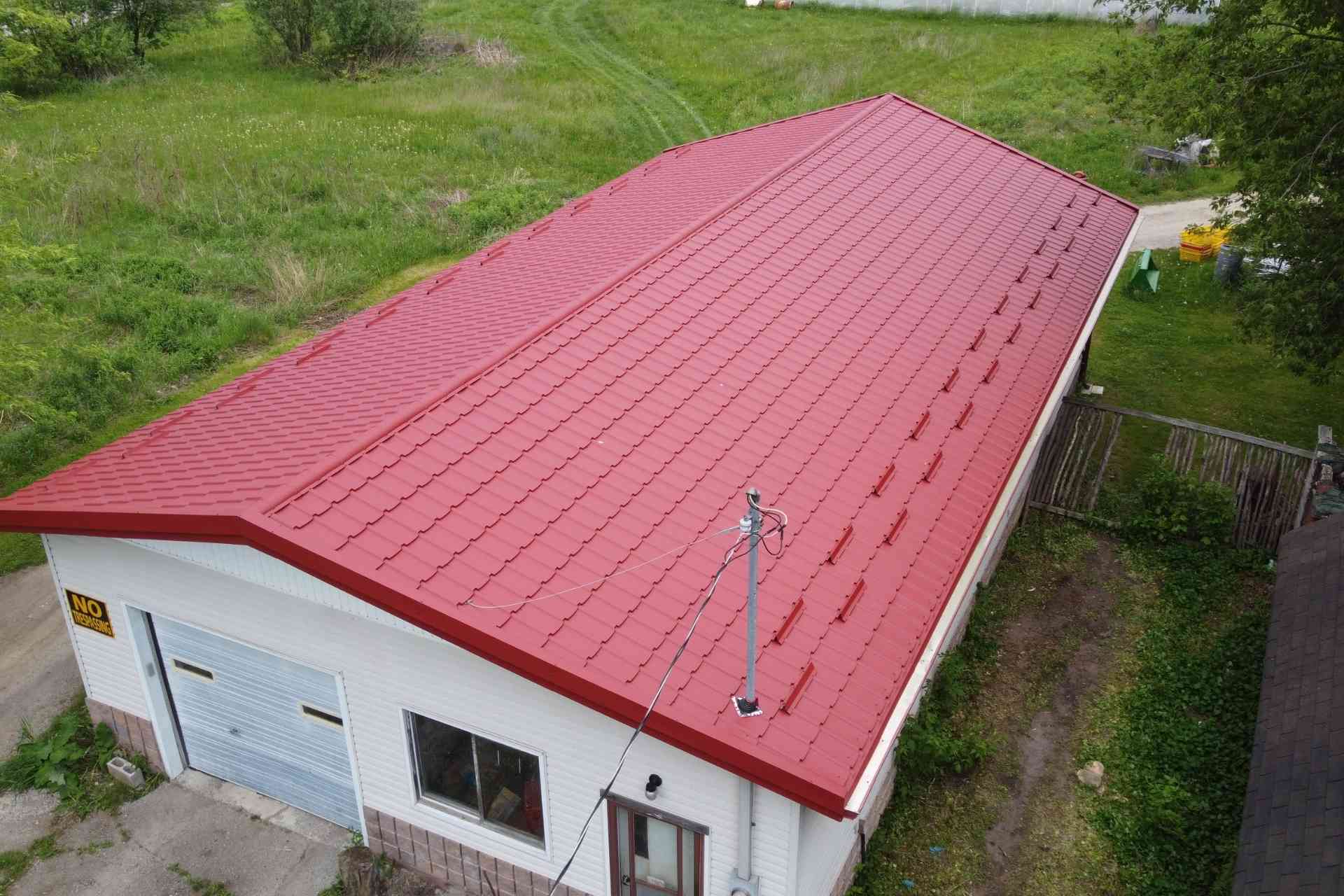Roofing takes top priority in all constructions, residential or commercial. There are several factors to consider for roof installation. There is a hefty investment in roofing initially but the value it provides for years to protect the structure and its occupants are incomparable. It helps to know what exactly to invest in and how each material compares to the other to maximize safety long term. Roofing is available in many materials. You have a choice between metal, asphalt, and tile.
Difference between Metal and Steel Roofs
Metal can handle a variety of requirements and construction designs. It comes in four main varieties; steel, copper, aluminum, zinc. Each has its pros and cons.
Steel roofing comes in three variations; galvanized, galvalume, and weathering steel. Although steel falls under metal for consumers, there is a difference in the roofing world.
- Metal is a chemical element of various substances and properties. Some are opaque, others can be fused, ductile or lustrous.
- Steel is not a pure element. It is an alloy of iron with different levels of carbon content. Since carbon is not a metal, steel is technically not a pure metal but a variation of one.
- The biggest advantage of steel over other metals is that it has greater strength. This is why it is used in most products, from vehicles, bridges and skyscrapers to ships, guns and surgical tools.
Types of Roofing Materials
Metals come in various types which is crucial to the construction of the structure.
Aluminum: For coastal regions, aluminum is a worthy option because of its rust-resistant properties. It is not as durable as other metals though. It reacts to atmospheric conditions easily but this also makes it have a better protection against corrosion. It is more expensive than copper, although it is less expensive than steel. This is why aluminum roofs are usually much thinner than sturdy steel. In regions with hail and high winds, it can damage easily. Choose an aluminum roof based on the environment you are in.
Copper: Copper roofing has been a premium choice for centuries because of its high durability. The metal can last in good a condition for over a couple hundred years in all kinds of environments. Copper roofs are 100% recyclable hence they make the best eco-friendly choice. Copper is also soft and it can minimize noise. On the flipside, this very soft nature makes it less suitable for regions with harsher weather. Hailstorms, which can dent the surface easily, lowering its aesthetic value. Copper also expands and contracts with temperature changes.
Zinc: Zinc is durable, reliable and cost-effective. It can stay strong for over 100 years, which makes it a great choice for commercial projects. Zinc can be easily moulded into different shapes, has a lower melting point than other the metals, and can be completely recycled (but it lacks aesthetic appeal). Like copper, zinc can also be easily damaged by harsh weather conditions.
Steel: Steel is the most preferred choice for commercial constructions and increasingly, residential builds. Most steel used today is made of recycled material. It is also the least expensive. Galvanized steel helps protects it from corrosion. Galvalume steel offers better surface protection than Galvanized but is prone to scratches and cuts. Weathering steel is used in heavy steel industries like constructing bridges. Since it is among the hardest metal roofing options, it wears well in harsh hailstorms and high winds.
Green Metal Roofing and Manufacturing, Inc.
Each metal has its pros and cons. Choosing the right one for roofing depends on your environment, location and installer’s choice, knowledge and expertise. Make sure you have an experienced roofing contractor who has enough experience with metal roofing. With Green Metal Roofing you know you are in good hands. Call us to make your roofing affordable, quick, and hassle free.


